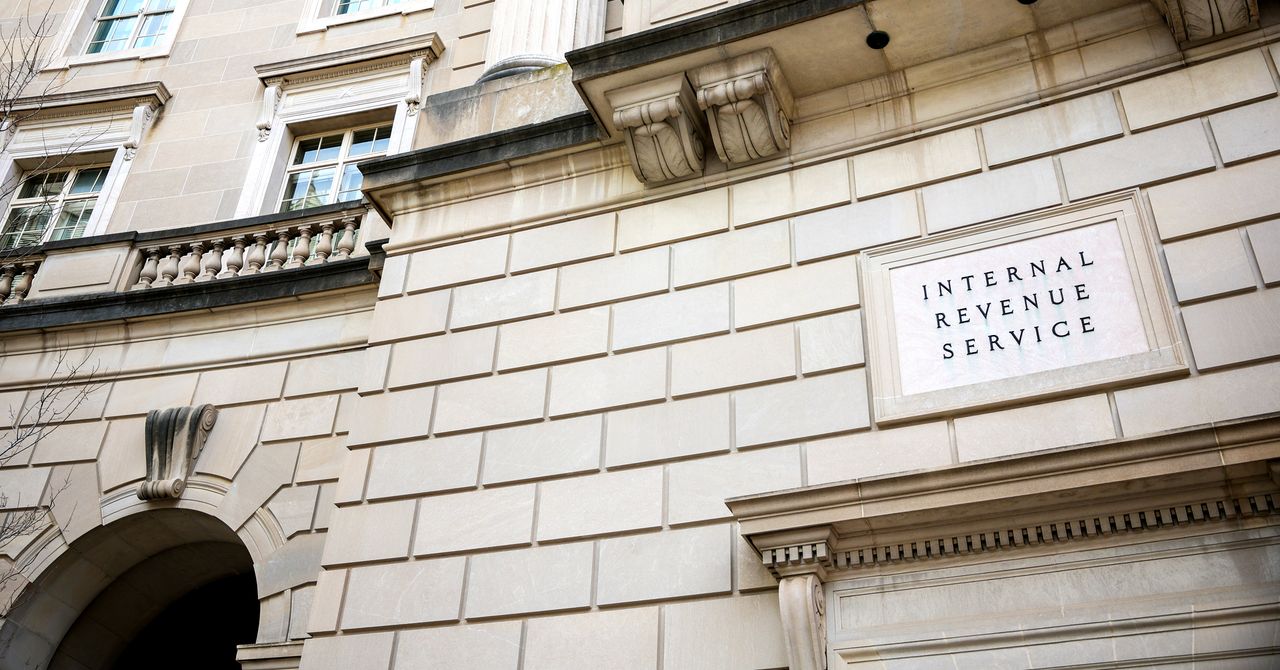
DOGE Organizes a Hackathon at the IRS to Facilitate Access to Taxpayer Data.
DOGE operatives have mentioned several times the software company Palantir as a potential ally in the development of a "mega API" for the IRS, according to reports.
The Department of Government Efficiency (DOGE), driven by Elon Musk, has announced a "hackathon" in Washington, D.C., for next week. The initiative aims to develop a "mega API," which will serve as a link to allow software systems to communicate with each other, facilitating access to IRS data. The agency is expected to collaborate with an external provider to manage some aspects of the data project, with Palantir being a recurring candidate mentioned by DOGE representatives.
Sam Corcos and Gavin Kliger, two prominent DOGE officials at the IRS, are organizing the hackathon. Corcos, who runs a health tech company and has ties to SpaceX, and Kliger, a former UC Berkeley student and ex-employee of the AI company Databricks, are collaborating on this initiative. Corcos has also advised Treasury Secretary Scott Bessent. Since joining DOGE, he has informed IRS employees of his intention to interrupt ongoing engineering work and cancel attempts to modernize the agency's systems. According to Corcos, a modernization budget of approximately $1.5 billion has been cut, primarily in projects that, he argues, created a "spiral of complexity" in the existing code.
Corcos has expressed his vision for DOGE to develop "a new API that controls them all," which would simplify access to IRS data for cloud platforms. This API would allow different applications to exchange data, facilitating the migration of IRS information to the cloud, where it could become a "reading hub" for all agency systems. In recent weeks, DOGE has requested the names of the top IRS engineers, and next week it hopes to gather dozens of them in D.C. to begin "dismantling the old systems" and build the new API within 30 days.
Corcos and DOGE have indicated their intention to initially implement the API in the IRS's core systems before addressing other internal systems. This step would involve handling a large amount of sensitive data, including taxpayer names, addresses, and social security numbers. Currently, the IRS operates with a variety of systems that are organized in a compartmentalized manner, requiring special permissions to access them.
A "mega API" could allow someone with the proper access to export all IRS data to other systems, including private entities. This would raise serious privacy concerns, as it could allow for data comparisons with other databases across different government agencies. Managing this information requires a deep understanding and the necessary expertise in handling tax data and its security.
The data consolidation that DOGE is proposing aligns with a March executive order from President Donald Trump, aimed at eliminating information silos in agencies. While it is argued that this effort is intended to combat fraud, it could also compromise privacy by centralizing personal data.
In recent months, DOGE has restructured multiple modernization projects in other agencies, such as the Social Security Administration, where efforts are underway to transfer data from obsolete programming languages to more current systems. Recently, DOGE has also placed several IRS technologists on administrative leave and drastically reduced the estimated time to complete the API project, raising fears about its technical feasibility and its impact on the upcoming tax filing season.
Privacy experts are alarmed by DOGE's focus on obtaining and transferring sensitive IRS data to a centralized platform. On the other hand, Palantir has received relevant approvals for its cloud services, allowing federal agencies to implement its software platforms, while its CEO has stated that they are open to necessary disruptions to improve services in the United States.



